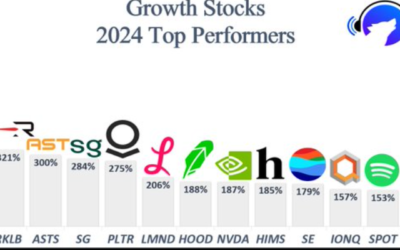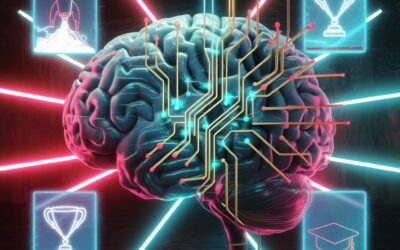Prior to Sora, the leading text-to-video AI model was developed by Runway, with its most advanced model, Gen-2, being announced in March 2023. However, users have noted the superiority of Sora's videos compared to those generated by Runway's model, highlighting the rapid pace of AI progress in less than a year.
OpenAI is taking a cautious approach to the release of Sora by involving red teamers to identify potential risks and by working on mechanisms for identifying AI-generated content and ensuring its authenticity. The company's commitment to responsible deployment and transparency is evident in its efforts to address the potential implications of this advanced AI technology.
What Are some Potential Applications of Sora's AI Video Generator?
The potential applications of Sora's AI video generator are diverse and far-reaching, offering transformative possibilities in various fields. Some of the potential applications include:
1. Content Creation: Sora can streamline the video creation process for content creators, enabling them to generate high-quality videos quickly and efficiently.
2. Marketing and Advertising: Sora can be utilized to create engaging and personalized advertisements tailored to specific audiences, enhancing marketing efforts for businesses and brands.
3. Education and Training: Sora has the potential to assist educators and trainers in visualizing complex concepts and processes, making learning more interactive and accessible.
4. Entertainment and Media: Sora can be used to generate custom video content for entertainment purposes, such as animated shorts, virtual tours, and interactive storytelling experiences[2].
The tool's ability to create highly realistic videos from written prompts opens up a wide range of possibilities across industries, from enhancing marketing strategies to revolutionizing the way visual content is created and consumed. However, it's important to consider the ethical and societal implications of AI-generated content, as well as the need to address potential limitations and concerns associated with the technology[3][4][5].
Where Is Society Going with The Top 15 Growth Performers of 2024?
As we...
Everything to Know Before Buying an Oura Ring
The...
Top Audiobook Recommendations of Elon Musk.
Elon...
How to Learn Better: A Review of “The Science of Rapid Skill Acquisition”
Learning...
How PTSD Was Cured Four Times in 5 Hours
This...
Ways to Impact Your Business with AI: Transforming Industries and Operations
If you...




















